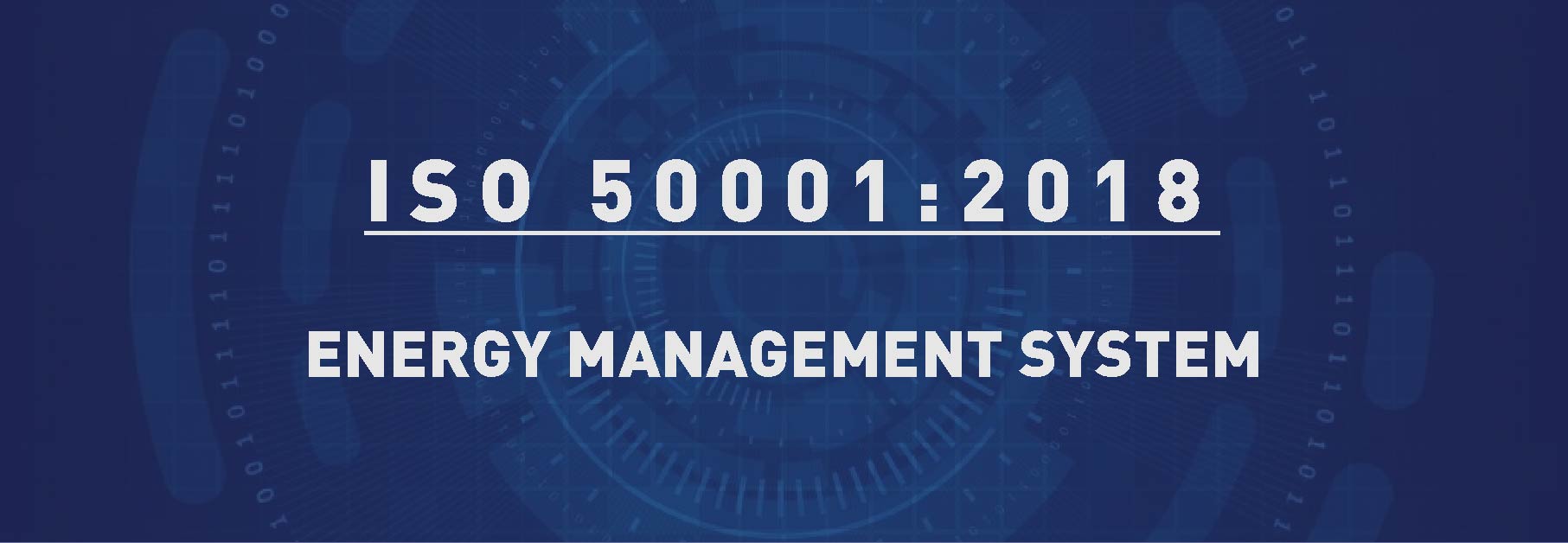
ISO 50001 is an international standard that outlines the requirements for an Energy Management System (EnMS). It provides a systematic approach for organizations to manage and continuously improve their energy performance, reduce energy costs, and reduce greenhouse gas emissions.
The standard was developed by the International Organization for Standardization (ISO) and was first published in 2011. It is applicable to all types of organizations, regardless of size, sector or location.
ISO 50001 sets out a framework for energy management that includes establishing an energy policy, conducting energy reviews, identifying and prioritizing energy performance improvement opportunities, implementing energy performance improvements, and monitoring and verifying energy performance.
By implementing an Energy Management System in accordance with ISO 50001, organizations can improve their energy efficiency, reduce their energy costs and environmental impact, and enhance their reputation as responsible and sustainable organizations. Additionally, certification to ISO 50001 can provide a competitive advantage, demonstrating to customers and stakeholders that the organization is committed to energy management and reducing its environmental impact.
ISO 50001 provides numerous benefits for organizations that implement an Energy Management System (EnMS) according to the standard. Some of the key benefits include:
Overall, ISO 50001 provides a structured and effective approach to managing energy performance, which can result in numerous benefits for organizations, including cost savings, environmental benefits, and improved reputation and competitiveness.
UMS evaluates your documentation and company records
UMS reviews the compliance against the standard requirements.
Non-conformances identified during the audit require closures.
UMS issues the certification and certification mark.
Annual audit required to maintain certification validity.
ISO 50001 is a global standard for energy management systems (EnMS) that provides a framework for organizations to establish, implement, maintain, and improve energy performance.
The benefits of implementing ISO 50001 include improved energy efficiency, reduced energy costs, enhanced environmental performance, better compliance with energy regulations, and a competitive advantage in the marketplace.
Implementing ISO 50001 involves several key steps, including developing an EnMS policy, conducting an energy review, setting energy performance objectives, implementing energy management actions, and conducting regular audits and reviews.
The time required to implement ISO 50001 depends on the size and complexity of the organization, as well as the level of existing energy management practices in place. However, it typically takes between 6 and 18 months to implement the standard.
A certified ISO 50001 auditor is responsible for conducting independent audits of an organization's energy management system to ensure that it meets the requirements of the standard. The auditor examines the organization's policies, procedures, and performance metrics to identify any weaknesses or areas for improvement.
ISO 50001 is a comprehensive standard that provides a framework for managing all aspects of energy performance, including procurement, use, and disposal, while other standards, such as ISO 14001, focus on specific environmental aspects. ISO 50001 is also more flexible than some other standards, allowing organizations to adapt the standard to their specific needs and circumstances.
Contact us:
For further information on ISO 50001 certification, please contact us at info@umscert.com or call us at +91-(011)-44777570. We will be happy to assist you.
Quality is never an accident; it is always the result of high intention, sincere effort, intelligent direction and skillful execution; it represents the wise choice of many alternatives.